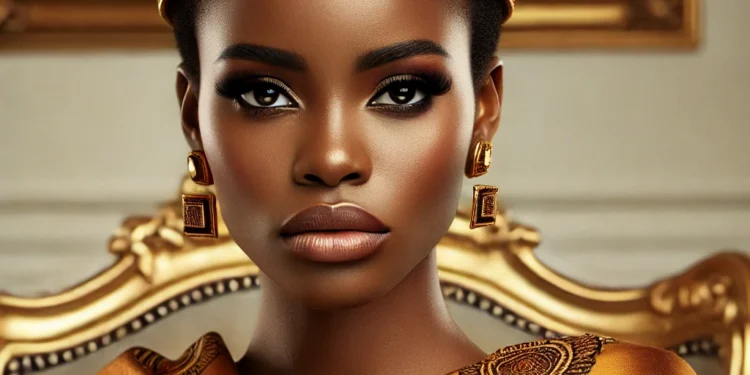
Ibrahim Kegbegbe
Every year on March 8, the world comes together to celebrate International Women’s Day (IWD)—a day set aside to honor the contributions of women while advocating for a more just and equal society. This year’s theme, “Inspire Inclusion,” serves as a powerful reminder that every woman, regardless of her background, social status, or environment, deserves to be valued, respected, and given equal opportunities to thrive.
For African women, this day is not just about global recognition; it is a celebration of resilience, strength, and undeniable greatness. From the powerful Queens of ancient empires like Queen Amina of Zazzau and Yaa Asantewaa of Ghana to modern-day icons such as Ngozi Okonjo-Iweala, Chimamanda Ngozi Adichie, Lupita Nyong’o, and Tiwa Savage, African women continue to break barriers and challenge stereotypes in governance, business, literature, entertainment, and beyond.
African Women: Queens, Not Baboons
For centuries, the Western world has often painted African women in demeaning, stereotypical images, portraying them as weak, uneducated, or inferior. But history and reality tell a different story. African women are not just mothers, wives, or caregivers—they are leaders, warriors, business moguls, and change-makers. The world must know, and African women must always remember: You are a Queen, not a baboon!
Africa has produced some of the strongest, most influential women the world has ever seen. Women like Ellen Johnson Sirleaf, Africa’s first elected female president, have paved the way for female leadership. Dr. Ngozi Okonjo-Iweala, the first African and first woman to lead the World Trade Organization, continues to shape global economic policies. In the entertainment industry, Tems, Burna Boy’s producer P2J, and South Africa’s Sho Madjozi have put African music on the global stage, proving that African talent is second to none.
The Reality: Challenges Still Exist
Despite the undeniable contributions of African women, the fight for equality is far from over. In many parts of Africa, women still face gender discrimination, domestic violence, forced marriages, and limited access to quality education. The gender pay gap remains a harsh reality, and cultural norms continue to restrict women’s opportunities.
But African women have always been fighters. Just as Yaa Asantewaa took up arms against British colonialists in Ghana and Funmilayo Ransome-Kuti fought for women’s rights in Nigeria, today’s African women must continue to rise, demand justice, and claim their rightful place in society.
The Call to Action: Inspire Inclusion in Africa
The 2025 International Women’s Day theme, “Inspire Inclusion,” calls on governments, businesses, communities, and individuals to create a society where women are truly valued. African women must not be seen as second-class citizens but as essential pillars of development.
Governments must implement policies that empower women economically and politically.
More women must be placed in leadership positions, both in public and private sectors.
Girls must be given access to quality education, just like boys.
Cultural and religious practices that oppress women must be abolished.
Beyond March 8: African Women Must Continue to Rise
International Women’s Day is not just about celebrating women for one day; it is a call for continuous action. African women must support one another, mentor young girls, and break every glass ceiling that society has placed above them.
To every African woman reading this: You are powerful, beautiful, and intelligent. You are a Queen, not a baboon. Stand tall, speak up, and own your space in the world!
Happy International Women’s Day 2025!

















